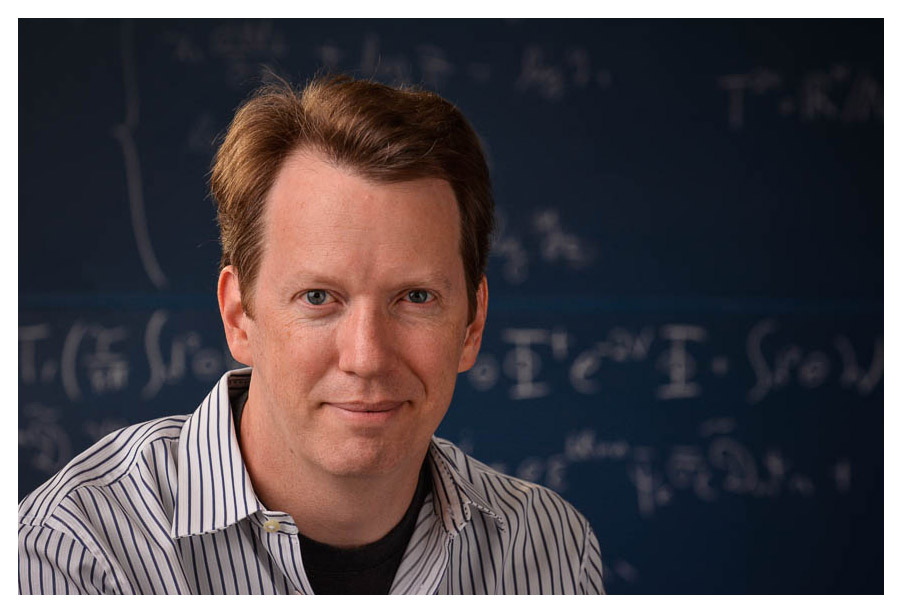This week we will be acheterdufrance.com speaking with theoretical physicist and cosmologist Sean Carroll who returns to the show to discuss his new book, The Big Picture: On the Origins of Life, Meaning, and the Universe Itself. His book is every bit as ambitious as it sounds, delving into philosophy, physics, biology, chemistry, and much more as he seeks to tie what we know into a “big picture” of existence itself.
Carroll is a research associate in the department of Physics at the California Institute of Technology where he specializes in Dark Energy and General Relativity. He’s been published in scientific journals such as Nature and New Scientist, and has appeared on episodes of Through the Wormhole with Morgan Freeman, the History Channel’s The Universe, and the Colbert Report. He’s written several popular science books including From Eternity to Here: The Quest for the Ultimate Theory of Time.
Audio can be found here!


